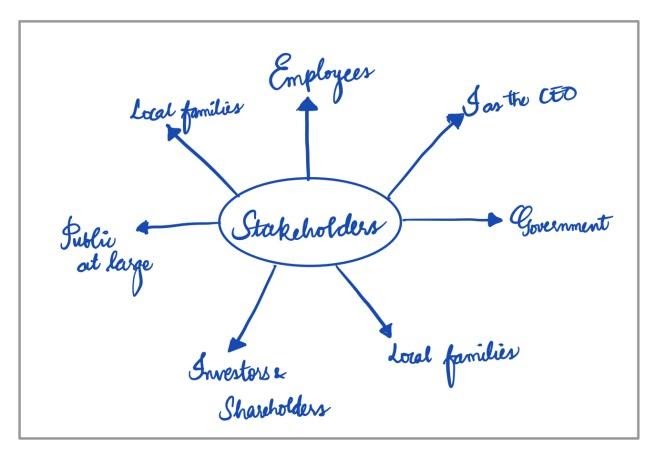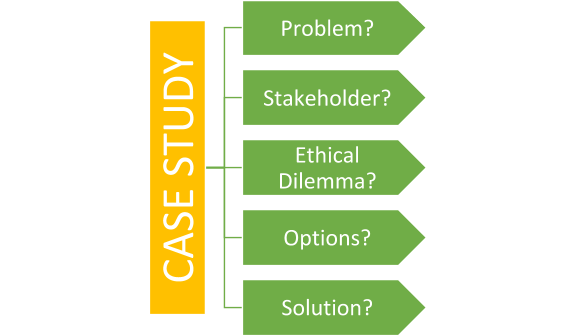(HOT) UPSC Current Affairs 2025 PDF
NEW! The Gist (NOV-2025) | E-BOOKS
(Getting Started) Scoring High in Ethics – Navneet Mann's Strategy (AIR-33)
(Getting Started) Scoring High in Ethics – Navneet Mann's Strategy (AIR-33)
Navneet Mann has secured a brilliant all India rank of 33 in UPSC Civil Services Examination, 2019. Navneet is the daughter of a Delhi Police Inspector and public service has always been a part of her life. This was Navneet’s second UPSC attempt. Over the years, Navneet has heard many toppers stress on the importance of UPSC Mains General Studies Paper-IV, which is the Ethics paper, for securing a good rank in this exam. It was only after her first attempt that she realised its true importance.

Navneet Mann, AIR-33, UPSC 2019
Importance of GS-IV or Ethics
Navneet soon noticed that for the first three General Studies papers, the marks of the candidates fall within a very close range. Of course, some go above and beyond, but generally, it is GS-IV which allows a candidate to outshine their competition. Navneet urges aspirants NOT to neglect this paper. She believes one of the reasons she fell short of her goals in her first attempt was because she neglected her Ethics paper. This year she had already set the goal that she will practice this paper thoroughly.
Preparation Strategy
GS-IV (Ethics) is the most abstract paper in UPSC. Most aspirants find it difficult to grasp as there is a lack of concrete information. Thus, the very first difficulty faced by aspirants is from where should they start their preparation for this paper. As clichéd as it sounds, Navneet suggests that one should start by reading the syllabus carefully. Commit it to memory.
Because in Ethics, you are often required to quote exact terms from the syllabus such as “conflict of interest”, “crisis of conscience”, “probity in governance”, etc. These phrases and terminologies will be used repeatedly in your answers, even case studies. Thus, memorizing the syllabus is the first step.
How to Study for Ethics Paper?
-
Most Definitely Make Notes
The second-most important aspect is note-making. Many aspirants assume that because of the abstract nature of the paper, they will just write answers they can think of on spot. However, Navneet assures you that will not be the case. The examination takes a toll on your mental energy. Making crisp notes within 25-30 pages will allow you to revise in the last moment. It will also allow you to get into the mindset of writing ethics answers after having dealt with the other three GS papers over the last 48 hours.
How To Make Ethics Study Notes
- Start by the definition – Take each term in the syllabus. Define them simply with limited words.
- Keep quotes/one-liners handy – For each topic, keep either a quote or one-liner handy. You can use them as openers.
- Incorporate examples – Always have examples/caste studies ready for each topic. Incorporating a few examples, whether from your personal life or eminent personalities, adds weightage to your answers.
- Add flowcharts and/or diagrams – Use flowcharts and/or diagrams to add weight to your answers. Prepare some for each topic so that you do not have to think it up during the exam.

Identifying Stakeholders Via Diagram
- Importance in personal life/public administration – Add why each term/phrase is required in personal life or public administration.
- Challenges/Issues – Every topic in ethics has some challenges or issues one faces. These should be added to your notes.
- Solutions – Once you have covered issues and challenges, add solutions to it. You can do so by adding a stakeholder approach that is popular for case studies.
-
Answer Writing
The Ethics paper is very lengthy. Thus, without practicing, there is a very slim chance that you can complete the paper in time. The Ethics paper, being abstract, even if you have memorised all concepts and definitions, even examples, answers will have to be well analysed and thought of on spot. The most time spent on Ethics is to cook up an answer on spot. Thus, to limit this thinking time, taking mock tests, and practicing answers will allow you to think up good quality answers in a short amount of time. At least 5-6 full Ethics paper tests are recommended.
-
Case Studies Practice
Case Studies test your logical mindset. To do so, it is important to practice. The steps are as follows-
- Identify the problem.
- Identify stakeholders.
- Detect the ethical dilemma.
- Write down the options available.
- Choose the most ethical and yet practical option.

Steps To Analysing Case Studies
Even if the option you choose is not original, the point is you justify why you chose this option and rejected the others.
-
Read Question Properly
This comes with practicing answer writing. Understand the question before answering. Answer what is asked, not just what you want to. Be careful as you have limited time and a lot to write up. Do not waste time.
At the end of the day, practice makes you perfect. Do not worry if your answers are not great in the beginning. As you keep on practicing, you’ll surely score enough marks that will push your name on to the final merit list.
Best Of Luck
© IASEXAMPORTAL
CLICK HERE TO DOWNLOAD UPSC TOPPERS NOTES


